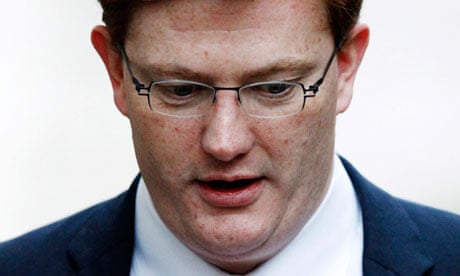Companies found guilty of aggressive tax avoidance will be banned from bidding for major government contracts, under new rules published by the Treasury.
Firms and individuals bidding for contracts will be required to declare whether their tax returns have been rejected because of involvement in a tax avoidance scheme. And companies will also have to sign a clause allowing departments to terminate the agreement if they are later found to have breached tax compliance obligations.
Announcing the plans on Thursday in a written statement to parliament, Danny Alexander, chief secretary to the Treasury, described the changes as "another significant tool which will provide a framework to enable government departments to say no to firms bidding for government contracts where they have been involved in failed tax avoidance". The changes are due to come into effect on 1 April.
Under the scheme, suppliers bidding for contracts will be required to inform government departments if any tax return has recently been found to be incorrect as a result of an HM Revenue and Customs challenge under anti-avoidance and anti-abuse rules, or due to involvement in a failed avoidance scheme.
Successful bidders will be contractually obliged to tell departments if they are found in breach of tax obligations after winning a contract.
The move comes after controversy over the tax affairs of multinational companies including Starbucks, Amazon and Google, though there is no suggestion these firms would fall foul of the new arrangements.
